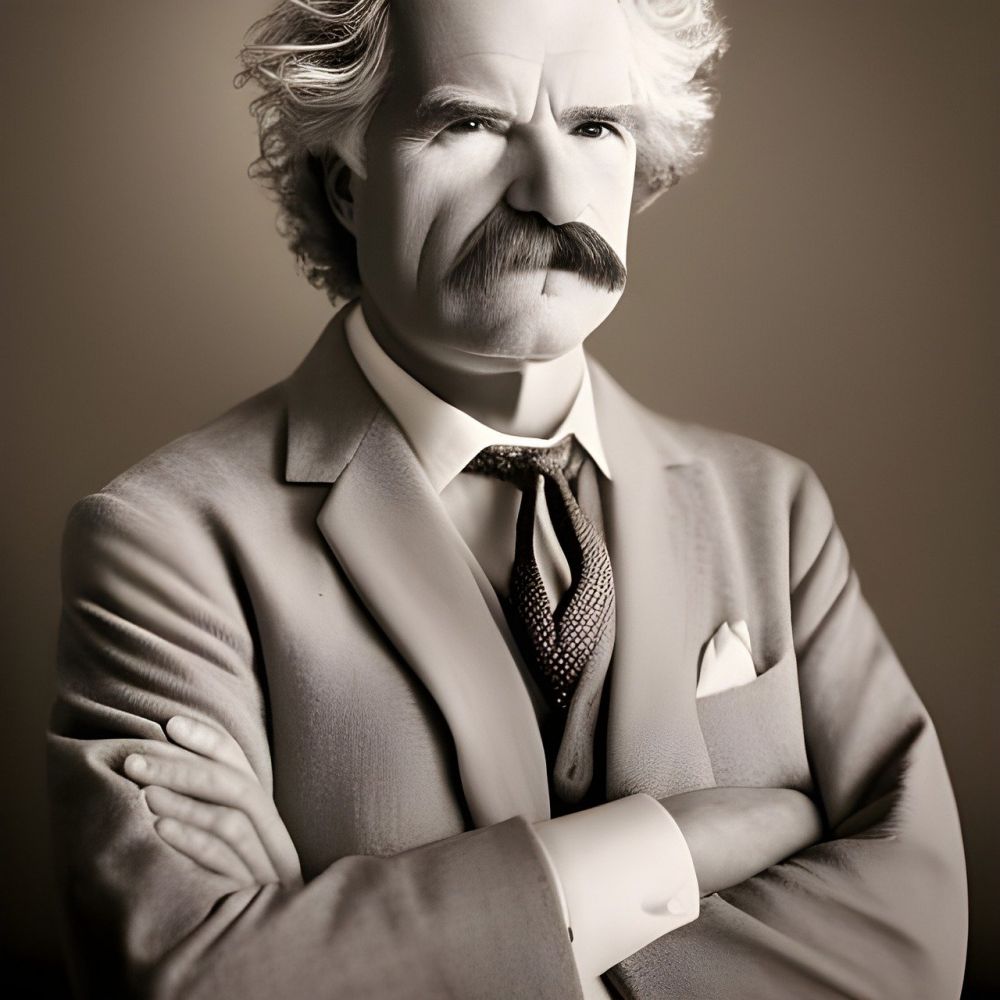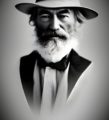George Orwell: A Revolutionary Voice in Literature

[Introduction]
George Orwell, born Eric Arthur Blair, was a prolific British writer and journalist whose works have made a lasting impact on the literary world. As a critic of totalitarianism and social injustice, Orwell’s writings continue to resonate with readers today. In this article, we will delve into the life and works of George Orwell, exploring his evolution as a writer and the historical context that shaped his ideas.
[Background]

George Orwell was born on June 25, 1903, in Motihari, British India. He spent his early years in India and later moved to England with his mother and sisters. Orwell’s experiences during his time in India and his subsequent education in England significantly influenced his outlook on imperialism and social inequality, themes that would dominate his literary works. Orwell’s pen name, derived from the River Orwell in Suffolk, reflects his desire for anonymity due to his family’s disapproval of his writing career.
[Early Career]
Orwell began his writing career as a journalist, working for various newspapers and magazines. His first book, “Down and Out in Paris and London,” published in 1933, was a semi-autobiographical account of his experiences as a struggling writer living in poverty. This book exemplified Orwell’s characteristic style of depicting social hardship and exposing the harsh realities of life for the marginalized.
[The Spanish Civil War]
Orwell’s involvement in the Spanish Civil War in the late 1930s had a profound impact on his political ideology and writing. Joining the Republican forces, Orwell witnessed firsthand the brutality and betrayal within the left-wing factions. His experiences formed the basis for his two greatest works, “Homage to Catalonia” and “Animal Farm.”
[Homage to Catalonia]
Published in 1938, “Homage to Catalonia” is Orwell’s personal memoir of his time as a soldier in the Spanish Civil War. The book serves as a scathing critique of the Stalinist influence and the betrayal of the Republican cause by the Soviet Union. Orwell’s first-hand account sheds light on the complexities and disillusionment of war, resonating with readers who sympathize with his disillusionment towards totalitarianism.
[Animal Farm]
“Animal Farm,” published in 1945, is Orwell’s allegorical novella that depicts the betrayal of the Russian Revolution. By using farm animals to symbolize the major players in the revolution, Orwell masterfully showcases the corruption and manipulation that often follow when power is concentrated in the hands of a few. This timeless critique of totalitarianism continues to captivate readers, serving as a cautionary tale about the dangers of unchecked authority.
[Nineteen Eighty-Four]
Orwell’s most famous and influential work, “Nineteen Eighty-Four,” published in 1949, envisions a dystopian future where a totalitarian regime controls every aspect of its citizens’ lives. The novel introduces concepts such as Big Brother, thought police, and Newspeak, which have become synonymous with oppressive surveillance and censorship. “Nineteen Eighty-Four” remains a chilling portrayal of the dangers of authoritarianism and the manipulation of truth.
[Legacy and Impact]
George Orwell’s works continue to be widely read and studied today, making him one of the most influential writers of the 20th century. His exploration of themes such as political corruption, surveillance, and social inequality resonates with readers across generations. Orwell’s novels have been adapted into films, plays, and even inspired a genre of dystopian fiction. His piercing critique of totalitarianism serves as a timeless reminder of the importance of individual freedoms and the dangers of unchecked power.
Conclusion:
George Orwell’s contributions to literature and political discourse are unparalleled. His ability to convey complex ideas through engaging narratives has cemented his status as a literary icon. Orwell’s works continue to inspire readers to question authority, challenge oppression, and strive for a more just society. As we reflect on his life and works, we cannot help but be reminded of his enduring message: the fight for truth and freedom is a perpetual battle that demands vigilance and unwavering commitment.
FAQ
What are some of George Orwells most famous works?
What is George Orwells real name?
What is the central theme in George Orwells writings?
Flere Nyheder
Fotobog: Fasthold dine minder på smukkeste vis
[Introduction] George Orwell, born Eric Arthur Blair, was a prolific British writer and journalist whose works have made a lasting impact on the literary world. As a critic of totalitarianism and social injustice, Orwell’s writings continue to ...
29 oktober 2025
Fra pensel til pixel: Kunstens rejse ind i det digitale
[Introduction] George Orwell, born Eric Arthur Blair, was a prolific British writer and journalist whose works have made a lasting impact on the literary world. As a critic of totalitarianism and social injustice, Orwell’s writings continue to ...
09 oktober 2025
Forstå betydningen af en erhvervsfotograf for din virksomhed
[Introduction] George Orwell, born Eric Arthur Blair, was a prolific British writer and journalist whose works have made a lasting impact on the literary world. As a critic of totalitarianism and social injustice, Orwell’s writings continue to ...
02 oktober 2025
Erhvervsfotografering i Aalborg: God for forretningen
[Introduction] George Orwell, born Eric Arthur Blair, was a prolific British writer and journalist whose works have made a lasting impact on the literary world. As a critic of totalitarianism and social injustice, Orwell’s writings continue to ...
01 juni 2025











